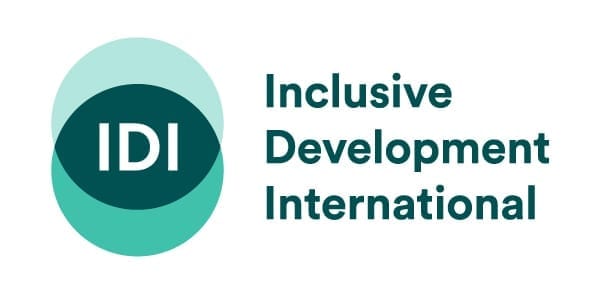Every year around 15 million people are forcibly evicted from their homes, communities and lands to make way for development projects such as mines, oil and gas pipelines, urban renewal schemes, mega-dams, ports and transportation infrastructure. Direct impacts of these projects, including land speculation, changes in land use and environmental pollution, further escalate the number of people displaced. In the Global South development and market-induced displacement has become a human rights crisis.
While displacement may be necessary in exceptional circumstances, land acquisition and forced evictions caused by development largely occur in a manner that does not respect human rights and leads to the impoverishment of those who are affected. Displacement often comes hand-in-hand with egregious corruption, the use or threat of violence to force people from their homes, and the undemocratic imposition of so-called “development” projects. Those impacted by displacement face a number of well-documented hardships including homelessness, landlessness, loss of livelihoods, food insecurity, deterioration in physical and mental health, breakdown of social networks and kinships, and economic and cultural marginalization.
The World Bank is a central actor in development-induced displacement. It not only provides financing for many “development” projects that result in physical and economic displacement, but it also influences the model of development adopted by institutions and governments around the world.
The World Bank is about to embark on a review of its safeguard policies, which are intended to ensure that its investments “do no harm” to people and the environment. As a publicly funded institution, it is imperative that civil society around the world has its say in this process. This is also an important opportunity for the global movement against forced evictions in the name of development to advance our cause. What the Bank decides to do will affect the behaviour of other financial institutions and governments worldwide. It will affect the future design of development projects, and will change the ways we hold international institutions to account.
A global campaign is now getting underway to push for stronger safeguards on involuntary resettlement to ensure that poor and vulnerable people are not made to shoulder the burden of development. In contribution to this campaign, IDI is collecting case studies and testimonies from around the world that illustrate why the current Bank policy and practice is failing to protect human rights.
If you are aware of a World Bank-financed project in your country or region that has resulted in forced displacement of people over the past ten years and think that it would make a good case study for this campaign, we would like to hear about it!
We are particularly looking for cases that demonstrate:
- How the language or content of the Policy needs to be strengthened in order to meet human rights standards.
- How implementation of the Policy on the ground needs to be improved in order to respect, protect and fulfill human rights.
- How the Policy needs to be applied to all World Bank-financed projects that affect land rights and cause displacement, including upstream and downstream impacts of Bank-financed projects.
- How the scope of the Policy needs to be extended so it applies to all World Bank lending instruments.
If you know of a World Bank project that demonstrates any of the above, please contact Natalie Bugalski at natalie@inclusivedevelopment.net.


